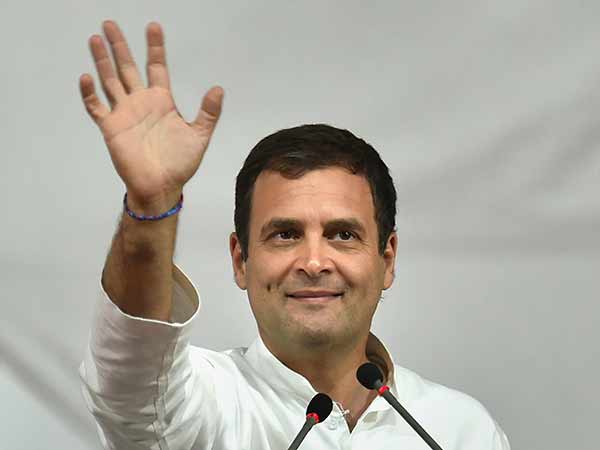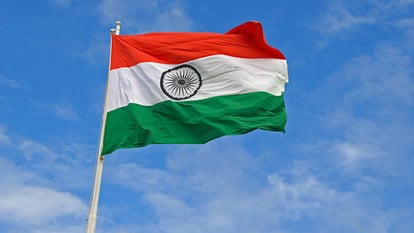When India did not go ahead of the threat, two pieces of Pakistan made in Indira and 13 days

In 1971, when army atrocities were increasing in East Pakistan (present-day Bangladesh), brutality on women and minorities continued, the demand for a separate Bangladesh state was growing, the number of refugees fleeing to the Indian border was increasing. Was. Meanwhile, in July, US National Security Adviser Henry Kissinger visited India via Pakistan. Then America was openly with Pakistan.
During the meeting, Indira Gandhi mentioned with Kissinger about the atrocities of the Pakistani Army on the people of Bangladesh. But, America has refused to accept the allegations as if it has turned a blind eye to the crimes of Pakistan.
Nixon’s Threat
Exactly 4 months after this, both the neighboring countries of India and Pakistan were standing face to face on the battlefield. On 3 December 1971, when the Pakistani Air Force started attacks on India, India also started counterattacking. But at that time Pakistan’s diplomatic friend America started putting pressure on India itself. It was a testing time for Indira Gandhi.
US President Richard Nixon considered India’s retaliation against Pakistan as an insult to America and sent it to the American fleet to help Pakistan. However, despite American pressure, the then Prime Minister Indira Gandhi remained firm on her decision to act on Pakistan and the aggressive attitude of India’s integral friend Russia also failed America’s bet.
13 day war
The war started on 3 December and Pakistan was on its knees on 16 December. In the 13-day war, the Indian Army-Navy and Air Force broke the back of Pakistan. On 16 December, 93000 soldiers of the Pakistan Army surrendered in Dhaka in front of the Indian Army led by General Sam Manekshaw. Pakistan was divided into two pieces and a new country Bangladesh was born.
The wave of independence in Bangladesh began with the 1970 general election, in which the Awami League, a party of East Pakistan, won 167 seats out of a total of 169, and won a majority in 313 seats in the lower house of the Pakistani parliament. Sheikh Mujib-ur Rahman, the leader of the Awami League, claimed to be the President of Pakistan and formed the government. But Zulfikar Ali Bhutto of the Pakistan People’s Party, rejecting Mujeeb-ur Rehman’s claim, recommended President Yahya Khan to impose military rule in East Pakistan. From here the story of military atrocities on Bengali speaking people started.







